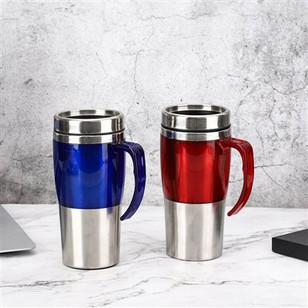Different Materials Of Stainless Steel Pressure Cooker Influence
Stainless steel pressure cookers are widely used in modern kitchens due to their durability, safety, and versatility. When choosing a stainless steel pressure cooker, it is essential to consider the material as it can affect the performance and overall cooking experience.

There are different grades of stainless steel commonly used in pressure cookers: 18/10, 18/8, and 18/0. The first number represents the percentage of chromium, while the second indicates the percentage of nickel in the alloy. 18/10 stainless steel is the highest quality and most widely used for pressure cookers. Its high nickel content makes it resistant to corrosion, rust, and staining, while the chromium contributes to its hardness and heat resistance.

On the other hand, 18/8 stainless steel has a slightly lower nickel content and is less expensive than 18/10. It still offers excellent corrosion resistance and durability, making it a popular choice for budget-conscious consumers. Similarly, 18/0 stainless steel contains no nickel and is the least expensive among the three grades. While it offers decent durability and resistance to rust, it may not be suitable for long-term use and exposure to acidic foods.
Apart from the grade of stainless steel, the thickness of the material also affects the performance of the pressure cooker. Thicker materials provide better heat distribution and insulation, resulting in more efficient cooking and less energy consumption.
In conclusion, when choosing a stainless steel pressure cooker, it is essential to consider the grade and thickness of the material. Investing in a high-quality pressure cooker can provide years of reliable performance and ensure delicious and healthy meals for you and your family.






